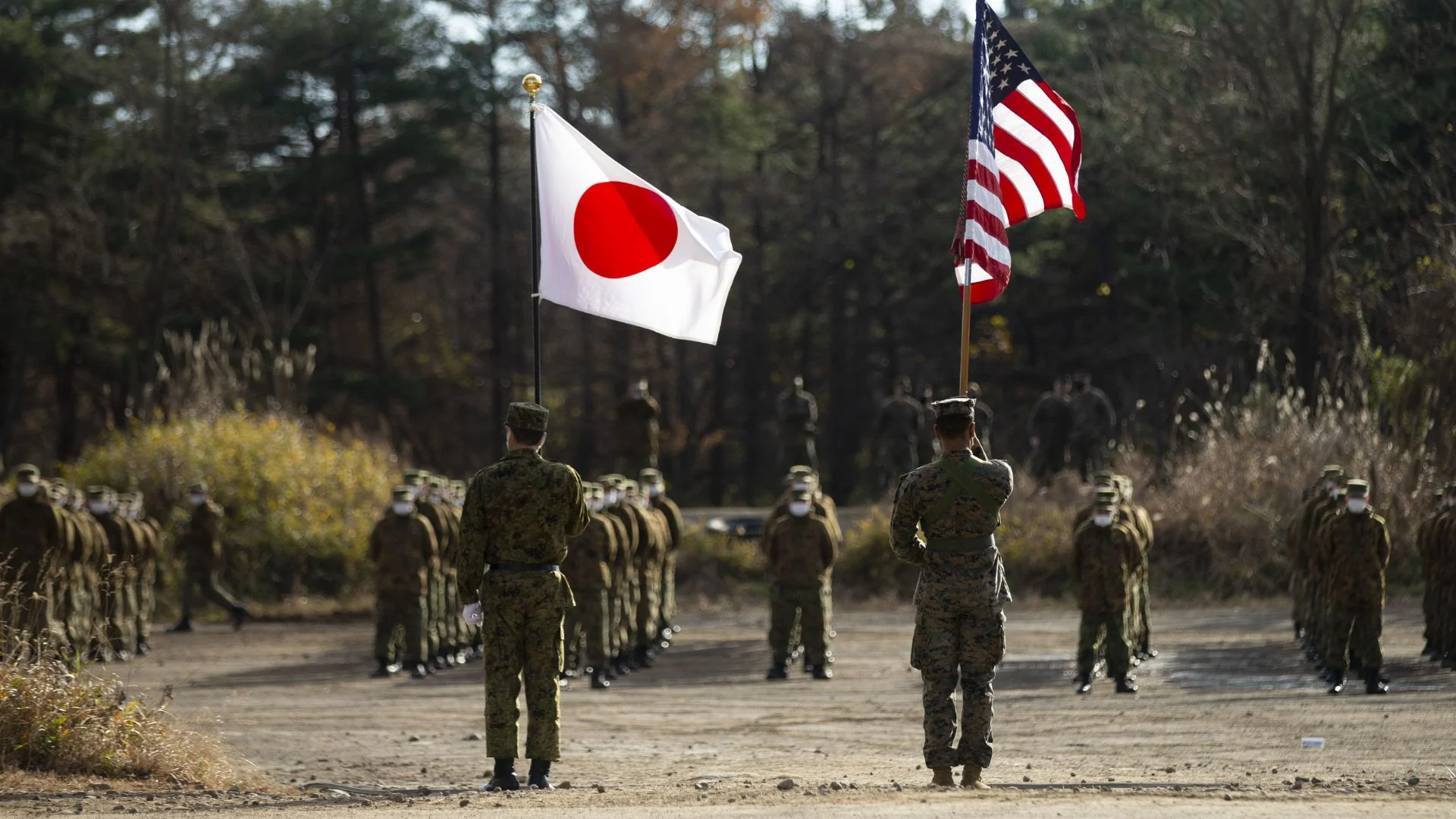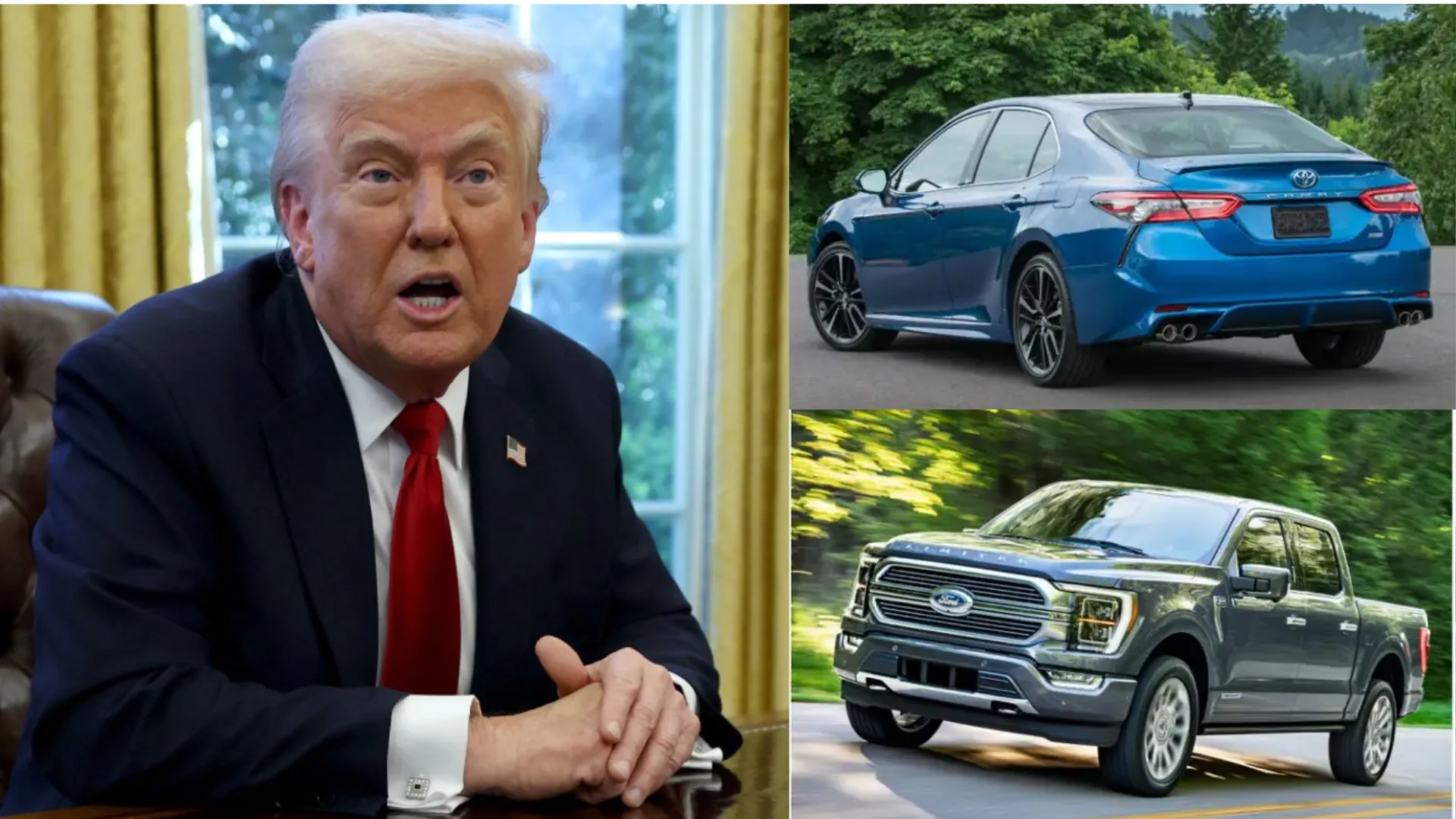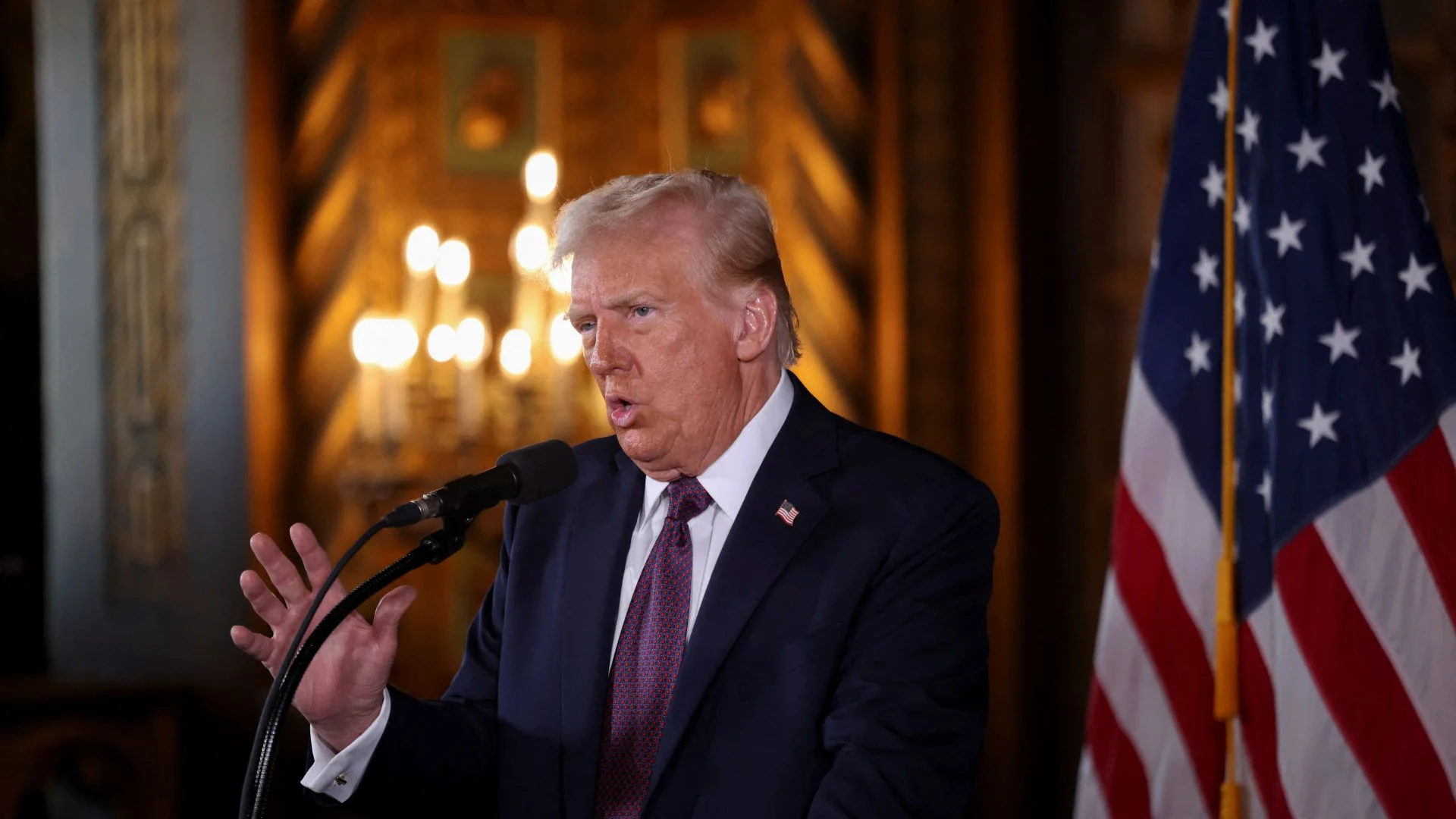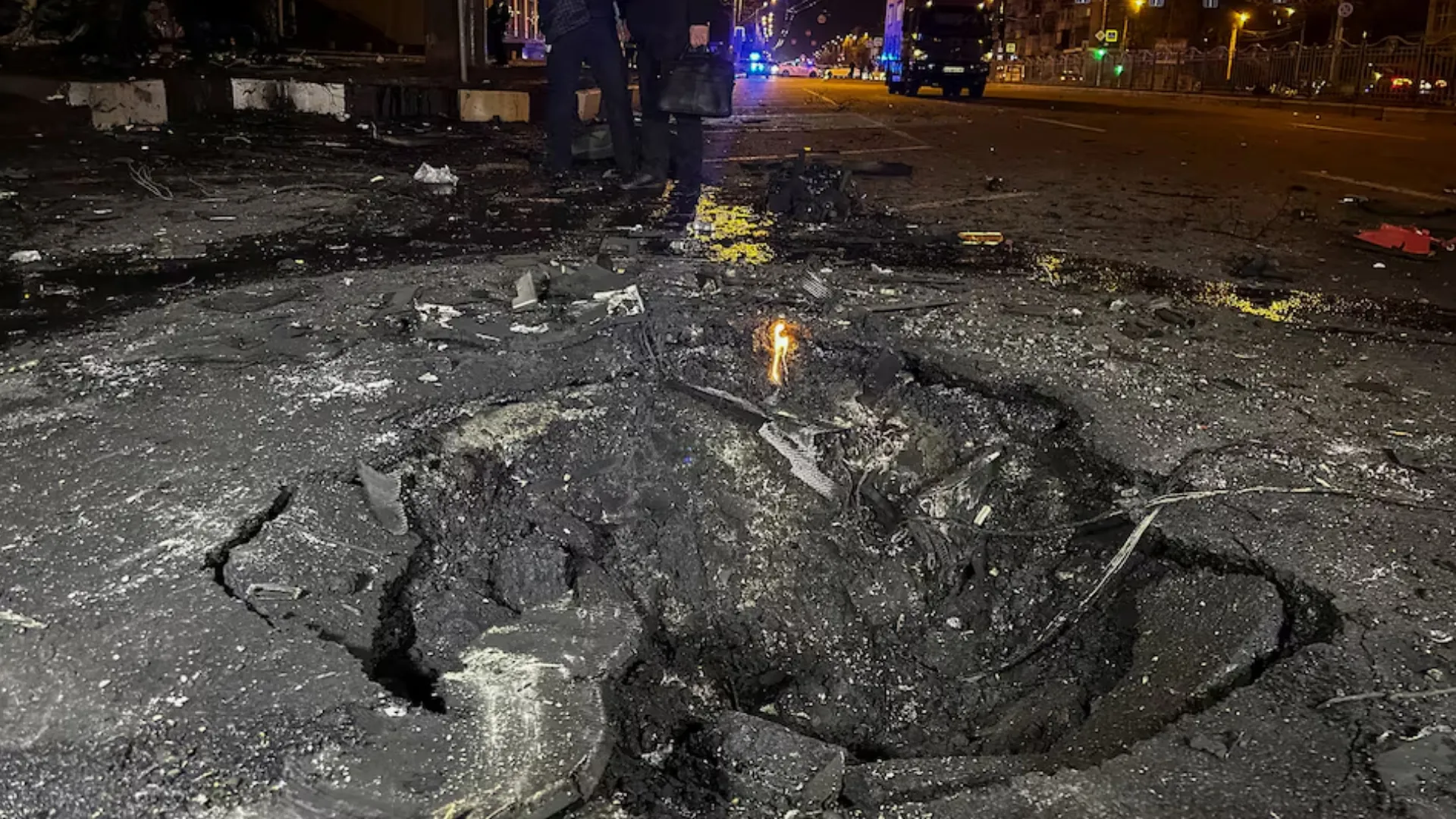Japanese troops will begin regular deployments in northern Australia as part of a growing military collaboration with Australia and the United States, announced Australian Defence Minister Richard Marles on Sunday. The deployments, which will involve Japan’s amphibious Rapid Deployment Brigade, aim to strengthen defense cooperation between the three countries amid rising concerns over China’s expanding military influence in the Indo-Pacific region.
Marles made the announcement in Darwin, the capital of the Northern Territory, alongside US Defense Secretary Lloyd Austin and Japanese Defence Minister Gen Nakatani. The move follows the ongoing presence of around 2,000 US Marines in Darwin for six-month rotations, a sign of the increasing military presence in the region. Marles emphasized the importance of joint training between the US, Japan, and Australia, calling it a “fantastic opportunity” for enhanced defense cooperation.
The significance of the deployment is particularly strong given Darwin’s historical context. The city was heavily bombed by Japanese forces during World War II and is sometimes referred to as Australia’s Pearl Harbor. This new military partnership marks a major shift in the defense posture of the region.
US Defense Secretary Austin also reaffirmed the US commitment to the AUKUS agreement, which will see Australia acquire US nuclear-powered submarines and jointly develop a new class of submarines with the US and the UK. Austin expressed confidence that the US would provide the necessary capabilities for the deal, while reflecting on the achievements of the current administration in strengthening alliances in the Indo-Pacific.
The trilateral meeting in Darwin, held on Sunday, marked the 14th such gathering between the three nations. At their previous meeting in June, the countries voiced concerns about security in the East China Sea and opposed “any destabilizing and coercive unilateral actions,” a clear reference to China’s growing assertiveness in the region.
This military cooperation comes as China continues to bolster its military presence, notably with a September test of an intercontinental ballistic missile. The launch, which landed in the Pacific Ocean, drew concern from several Pacific nations, including Australia.





















